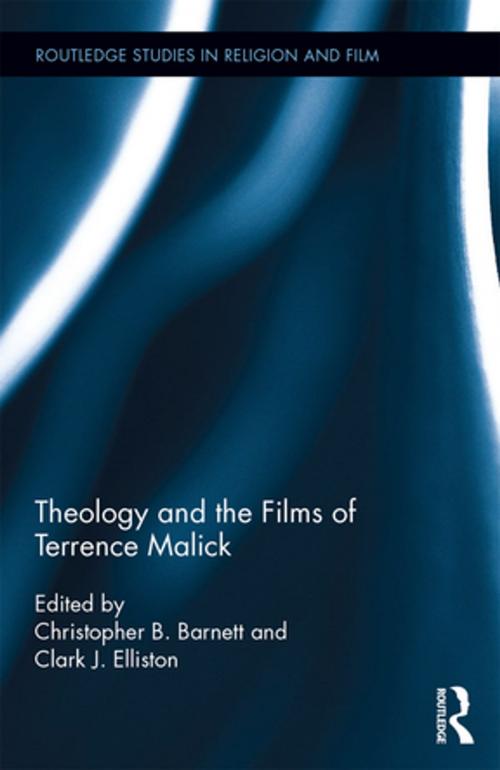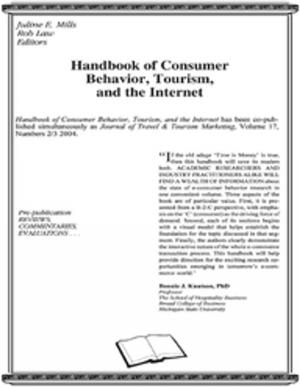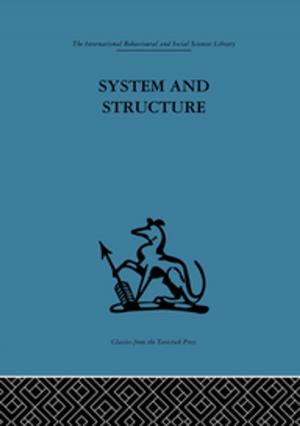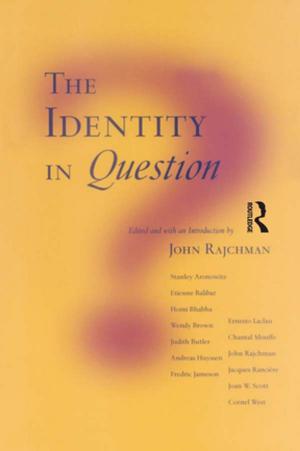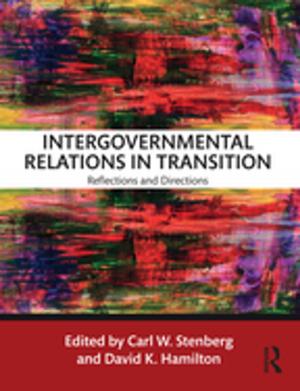Theology and the Films of Terrence Malick
Nonfiction, Entertainment, Performing Arts, Film, Religion & Spirituality| Author: | ISBN: | 9781317588276 | |
| Publisher: | Taylor and Francis | Publication: | August 12, 2016 |
| Imprint: | Routledge | Language: | English |
| Author: | |
| ISBN: | 9781317588276 |
| Publisher: | Taylor and Francis |
| Publication: | August 12, 2016 |
| Imprint: | Routledge |
| Language: | English |
Terrence Malick is one of the most important and controversial filmmakers of the last few decades. Yet his renown does not stem from box office receipts, but rather from his inimitable cinematic vision that mixes luminous shots of nature, dreamlike voiceovers, and plots centered on enduring existential questions. Although scholars have thoroughly examined Malick’s background in philosophy, they have been slower to respond to his theological concerns.
This volume is the first to focus on the ways in which Malick integrates theological inquiries and motifs into his films. The book begins with an exploration of Malick’s career as a filmmaker and shows how his Heideggerian interests relate to theology. Further essays from established and up-and-coming scholars analyze seven of Malick’s most prominent films – Badlands (1973), Days of Heaven (1978), The Thin Red Line (1998), The New World (2005), The Tree of Life (2011), To the Wonder (2012), and Knight of Cups (2015) – to show how his cinematic techniques point toward and overlap with principles of Christian theology. A thorough study of an iconic filmmaker, this book is an essential resource for students and scholars in the emerging field of religion and film.
Terrence Malick is one of the most important and controversial filmmakers of the last few decades. Yet his renown does not stem from box office receipts, but rather from his inimitable cinematic vision that mixes luminous shots of nature, dreamlike voiceovers, and plots centered on enduring existential questions. Although scholars have thoroughly examined Malick’s background in philosophy, they have been slower to respond to his theological concerns.
This volume is the first to focus on the ways in which Malick integrates theological inquiries and motifs into his films. The book begins with an exploration of Malick’s career as a filmmaker and shows how his Heideggerian interests relate to theology. Further essays from established and up-and-coming scholars analyze seven of Malick’s most prominent films – Badlands (1973), Days of Heaven (1978), The Thin Red Line (1998), The New World (2005), The Tree of Life (2011), To the Wonder (2012), and Knight of Cups (2015) – to show how his cinematic techniques point toward and overlap with principles of Christian theology. A thorough study of an iconic filmmaker, this book is an essential resource for students and scholars in the emerging field of religion and film.
